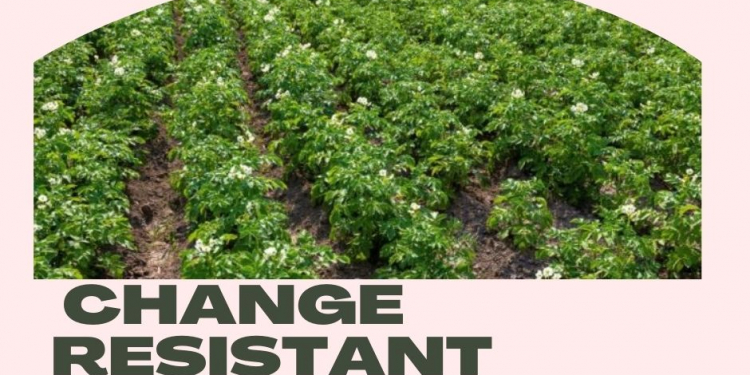A recent USDA grant will provide USD500,000 for developing potato varieties that are more resistant to changing weather and other conditions that could cause smaller potato crops, defects in the potatoes, or potato decay.
According to NECN, to carry out the research and develop these new potato varieties, “traditional cross-pollination” will be done in greenhouses at the University of Maine and other work will occur in Aroostook County fields and at facilities in Presque Isle, Maine.
Tests for texture and “tastes tests both formal and informal,” will occur with reviews returned potato industry experts, as well as Dr. Gregory Porter, a Professor of Agronomy at the university, from his kitchen.
“If I take it home, try it and it isn’t good, then I’m very quick to cast them aside,” Porter mentioned recently.
The expert expects some new climate change-toughened tubers could be ready for consumption within the next few years, but other discoveries related to this research could be more applicable a decade from now.
“Potatoes are important parts of diets, they represent a diverse source of calories, they also have vitamins and potassium,” Porter explained.







